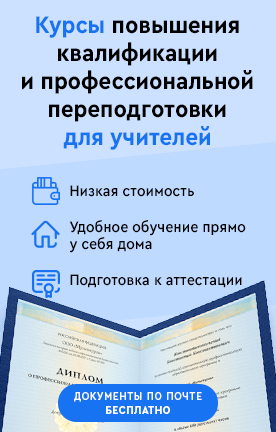план урока разработан по книгам Brilliant 3 pupil`s book и Brilliant 3 activity book автор: Jeanne Perret издательство: Macmillian.
Создайте Ваш сайт учителя Курсы ПК и ППК Видеоуроки Олимпиады Вебинары для учителей
Lesson plan №23 Наречия частотности : always, often, usually…
Вы уже знаете о суперспособностях современного учителя?
Тратить минимум сил на подготовку и проведение уроков.
Быстро и объективно проверять знания учащихся.
Сделать изучение нового материала максимально понятным.
Избавить себя от подбора заданий и их проверки после уроков.
Наладить дисциплину на своих уроках.
Получить возможность работать творчески.
Просмотр содержимого документа
«Lesson plan №23 Наречия частотности : always, often, usually…»
Полезное для учителя
Распродажа видеоуроков!
1340 руб.
2240 руб.
1340 руб.
2240 руб.
1250 руб.
2090 руб.
1390 руб.
2310 руб.
Курсы ПК и ППК для учителей!
800 руб.
4000 руб.
800 руб.
4000 руб.
800 руб.
4000 руб.
800 руб.
4000 руб.
ПОЛУЧИТЕ СВИДЕТЕЛЬСТВО МГНОВЕННО
* Свидетельство о публикации выдается БЕСПЛАТНО, СРАЗУ же после добавления Вами Вашей работы на сайт
Удобный поиск материалов для учителей
Проверка свидетельства




















